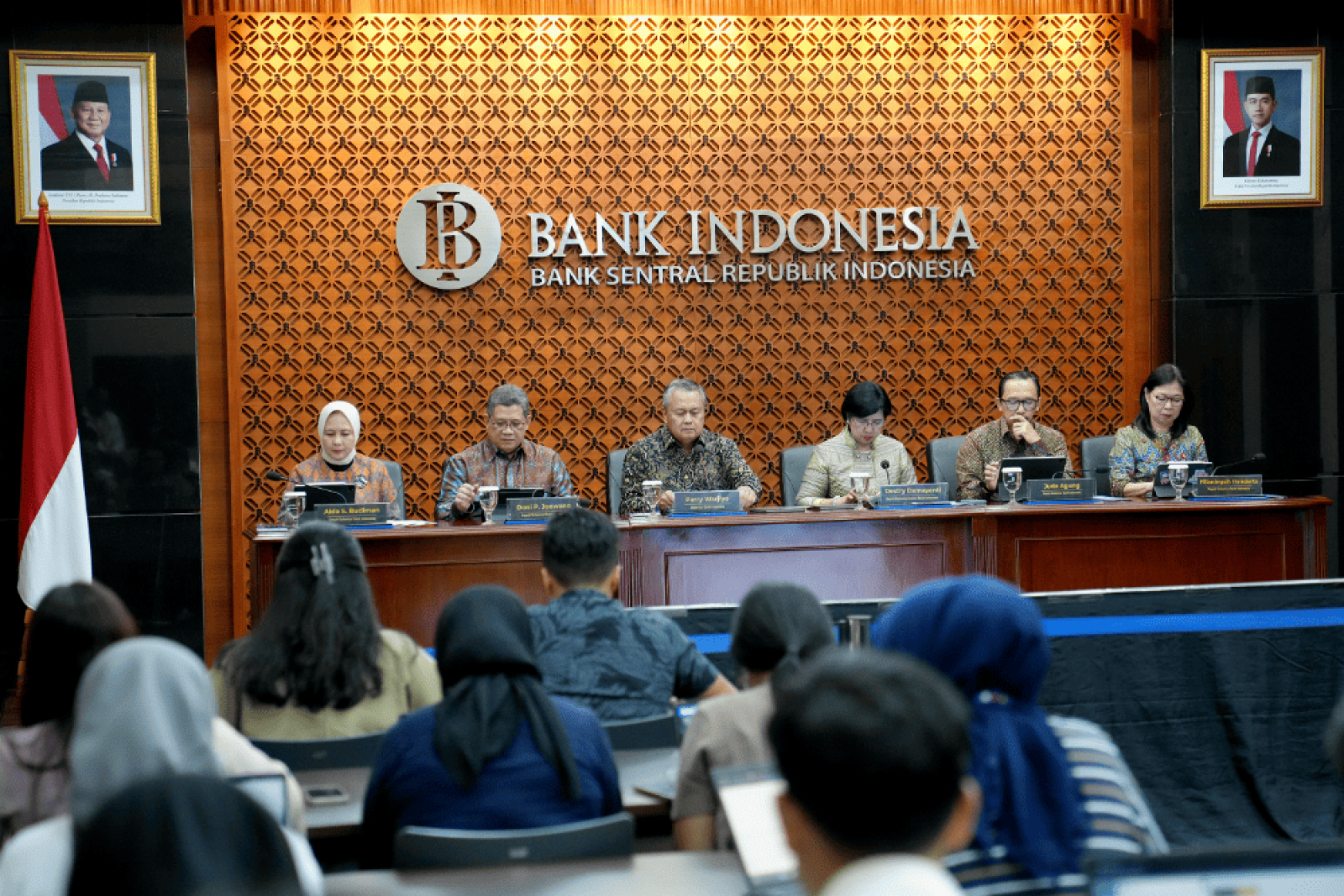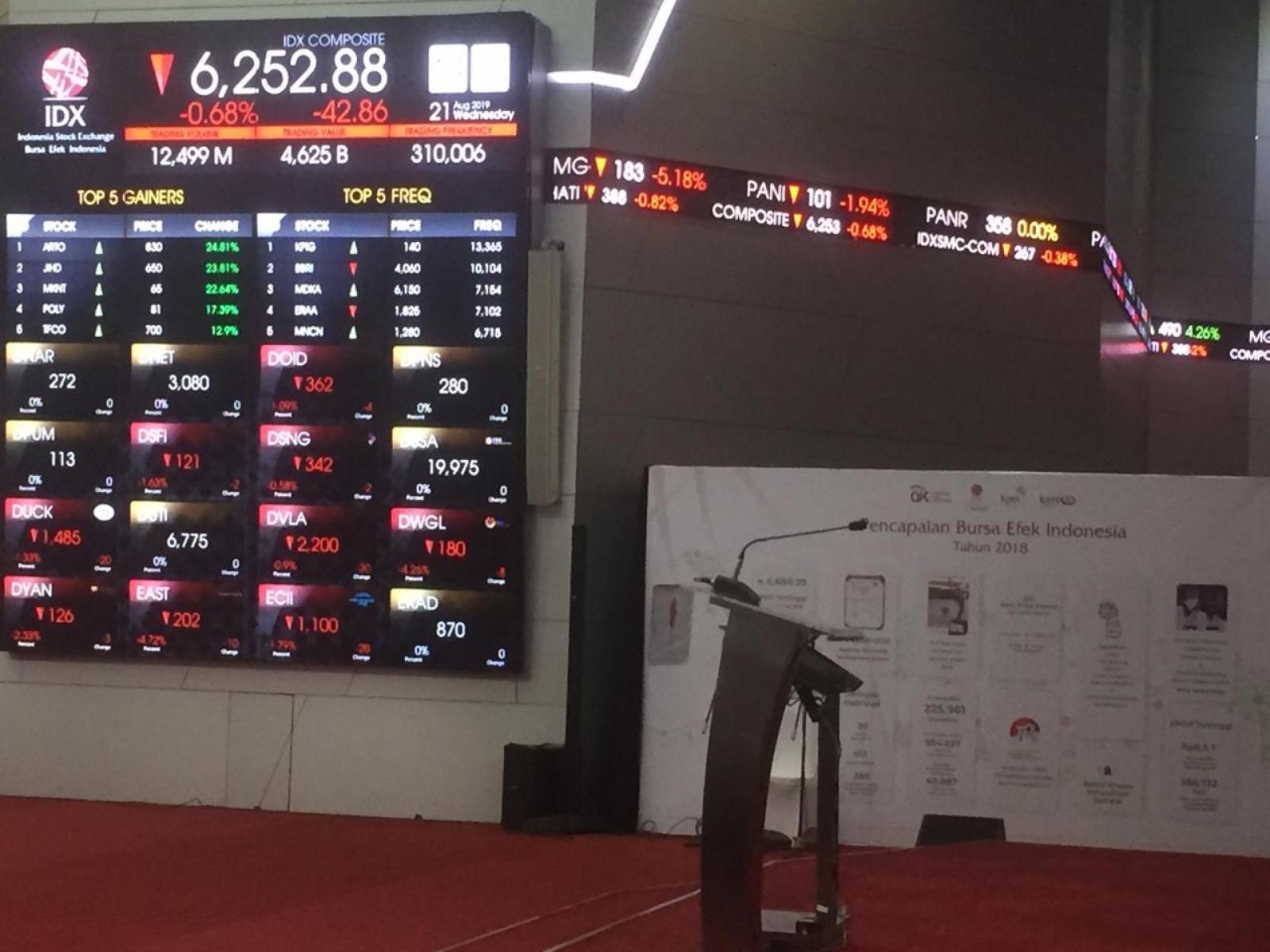
Asian stocks hit two-month lows on Wednesday as investors fretted about the impact of U.S. President-elect Trumps proposed tariffs on inflation and interest rates.
Trumps choice of China hawks in his Cabinet and Chinas faltering growth also kept investors on the sidelines.
U.S. Treasury yields pushed higher and the dollar rally gained further momentum as investors awaited key U.S. consumer and producer inflation readings this week for hints of a possible Federal Reserve rate cut in December.
Traders are currently pricing in about two Fed rate cuts through June, against almost four seen at the start of last week.
Gold traded around $2,600 per ounce levels in Asian trade while oil edged up slightly on signs of near-term supply tightness but remained near their lowest in two weeks, a day after OPEC revised down its forecasts for global oil demand this year and next.
Chinas Shanghai Composite index rose 0.51 percent to 3,439.28 as Beijing began marketing its first U.S. dollar sovereign bonds in three years in Saudi Arabia.
The yuan bounced off a more than three-month low against the dollar, lifted by firmer-than-expected official midpoint guidance.
Hong Kongs Hang Seng index dipped 0.12 percent to 19,823.45, extending declines for a fourth day running.
Japanese markets tumbled as five-year government bond yield hit a 15-year high amid increased bets for the Bank of Japan to raise interest rates.
The Nikkei average fell 1.66 percent to 38,721.66 as data revealed Japans producer price index rose by 3.4 percent year-on-year in October, beating expectations. The broader Topix index settled 1.21 percent lower at 2,708.42 while the yen hovered near the key level of 155 per greenback.
Seven & i Holdings surged 11.8 percent after the owner of 7-Eleven said it has received a buyout proposal from a member of its founding Ito family.
Seoul stocks lost ground to reach a one-year low on growing concerns over policy uncertainty under the incoming U.S. Trump administration.
The Kospi average fell 2.64 percent to 2,417.08, extending its losing streak to a fourth day.
Market heavyweight Samsung Electronics slumped 4.5 percent amid lingering concerns over its business competitiveness in the chip market. Peer SK Hynix gave up 1.6 percent.
Australian markets fell for a third consecutive session amid a broad selloff. The benchmark S&P/ASX 200 dropped 0.75 percent to 8,193.40 despite Commonwealth Bank of Australia reporting first-quarter cash earnings slightly ahead of market consensus. The broader All Ordinaries index closed 0.76 percent lower at 8,450.90.
Across the Tasman, New Zealands benchmark S&P/NZX-50 index slid 0.59 percent to 12,674.49.
U.S. stocks fluctuated before ending slightly lower overnight as investors booked some profits from a post-election rally ahead of closely watched economic data due later in the week.
The S&P 500 dipped 0.3 percent to snap a five-session winning streak and log its worst day since Oct. 31 as Treasury yields surged in anticipation that Donald Trumps pledged policies on tariffs will rekindle inflation and keep U.S. interest rates high.
The Dow shed 0.9 percent and the tech-heavy Nasdaq Composite slid 0.1 percent.





